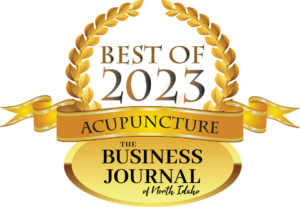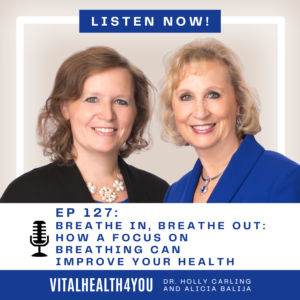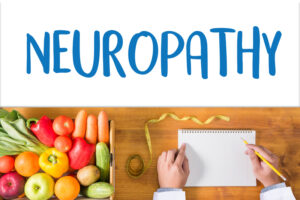There are many reasons why you may be gaining weight. Hormones play a big role, in gaining weight, but losing weight as well. The good news is, you have more control over your hormonal balance that you think. Several hormones play a vital role in regulating several mechanisms related to weight.
First and foremost is insulin. You do need carbs in your diet. However, when you eat more sugar/carbs than your body needs, it stores it as fat. Too much insulin inhibits the breakdown of stored fat in your body. Insulin also influences the appetite centers in the brain. Too much sugar/carbs over time, creates insulin resistance, which is a key factor in the development of Type II (acquired) Diabetes and obesity.
Cortisol is another hormone involved in weight management. Cortisol is normally a good hormone, but can be detrimental when unbalanced. When cortisol surges, is when it promotes weight gain. It surges with stress, trauma, (in both cases, it is the activation of the “fight or flight” mechanism), caffeine, intense physical exercise, in response to sugar spikes or sugar lows, temperature extremes, lack of sleep, alcohol and other substance abuses, injury, illness and inflammation, especially when chronic. Excess cortisol causes storage of fat, especially in the abdominal area.
Leptin is another key hormone responsible for weight gain. Leptin is actually produced by fat cells that regulate appetite and how you use the energy you have. Leptin tells the brain when you’ve had enough to eat. When leptin resistance occurs, the brain doesn’t get the proper messaging. This can be caused by insulin resistance, often from eating excess sugar/carbs (especially eating too much high fructose corn syrup, but also other sugars), eating excessive bad fats (hydrogenated fats, vegetable oils, soy oil and other bad fats), lack of sleep, lack of physical activity, too much stress, and hormonal imbalances.
Ghrelin is another hormone that needs to be in balance in order to have a healthy weight. Ghrelin is produced in the stomach and stimulates hunger. It is the opposite of Leptin. There are several causes of Ghrelin excess: severe calorie restriction (remember those 500 calorie diets that work, then backfire when it is stopped, and not only do you gain the weight back, but more to boot? Ghrelin is the culprit). Lack of sleep elevates ghrelin and suppresses leptin – the opposite of what you want. Stress, high carb diets, lack of continuity in meal timing, lack of physical activity, medications (mostly anti-psychotic and corticosteroid medications), and endocrine disorders – all can cause an imbalance in ghrelin levels.
Out of balance thyroid hormones (regulate metabolism), and sex hormones (increase body fat and body fat distribution) also may need to be addressed.
What can we do about all this? Acupuncture, nutritional guidance, certain herbs, and lifestyle modifications are all important keys to balancing these hormones and getting your weight back to where it should be. It takes work, but it’s worth it!
©2023 Holly A. Carling, O.M.D., L.Ac., Ph.D.







